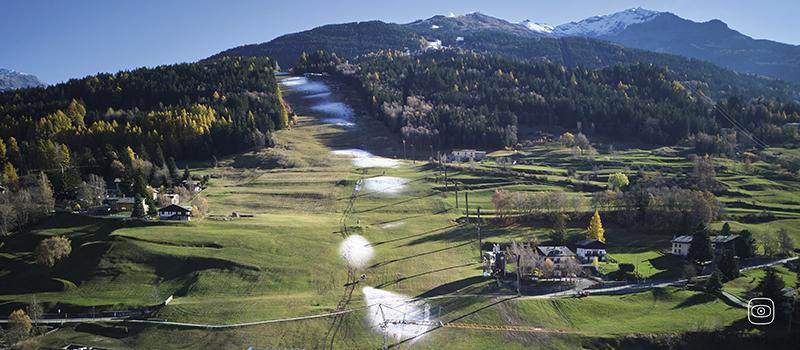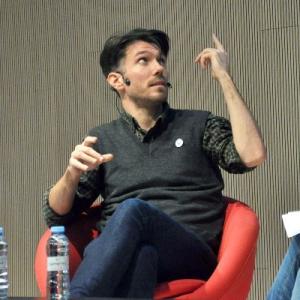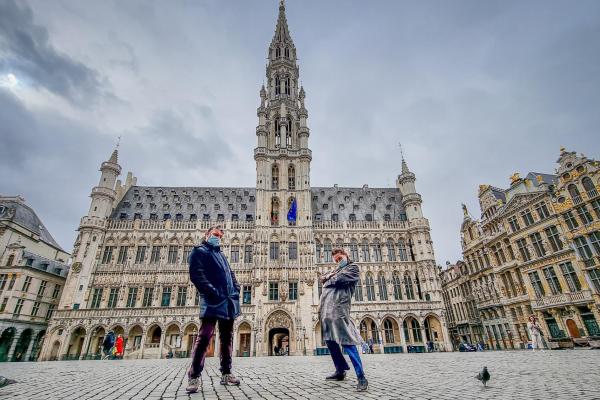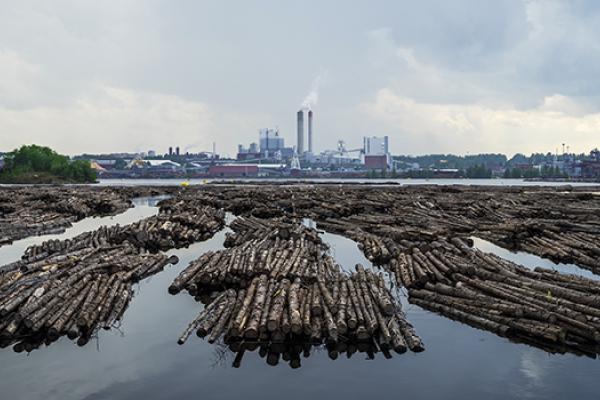It also examines the consequences of funding winter sports infrastructure without proper environmental assessments.
The spotlight of the Winter Olympics is about to shine on the French and Italian Alps once again. The Olympics represent the pinnacle of a development model for mountain communities centered on winter sports - a model that is no longer sustainable.
The Olympic Games serve as a lens to examine broader issues, including winter sports speculation, gentrification driven by mass tourism, the exploitation of resources to produce artificial snow, and innovative efforts to rethink humanity’s relationship with the mountains.
By comparing projects and policies in selected clusters of the Milan-Cortina 2026 Olympics and the French 2030 Olympics, the investigation questions the dominant narrative of the Olympics - and the broader winter sports industry - as drivers of development for small mountain towns.
Key Findings:
- The Alps are a fragile region, particularly vulnerable to climate change.
- Over the past 50 years, the Alps have already lost an average of one month of snow—a trend that climatologists predict will worsen in the coming decades.
- In France, mid-altitude ski resorts have been closing one after the other since the late 1990s. In the fall of 2024 alone, three resorts were closed permanently due to the lack of snow.
- In Italy, snow will rarely fall below 1,800 meters above sea level in the next 50 years.
- 90% of Italian resorts rely on artificial snow production.
- Italian industries specializing in artificial snow production are thriving, taking on global projects beyond Europe.
- The majority of Italian ski resorts are at risk due to declining snowfall.
- Despite this, the industry has never been more profitable. In the winter 2024-2025, the southern French Alps registered record high revenues by attracting more tourists than usual, despite low snowfall. Some stations have invested over the past two years in plastic ski carpets to pursue the model in the absence of snow.
- Regional and national governments continue to pour public funding into the industry to keep it alive. However, there has been insufficient experimentation with a post-snow economy.
- Mountain communities cannot rely solely on tourism for their development.
Photo: Alessandra Tranquillo





